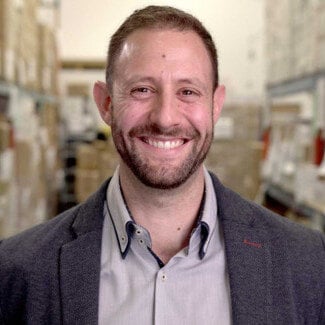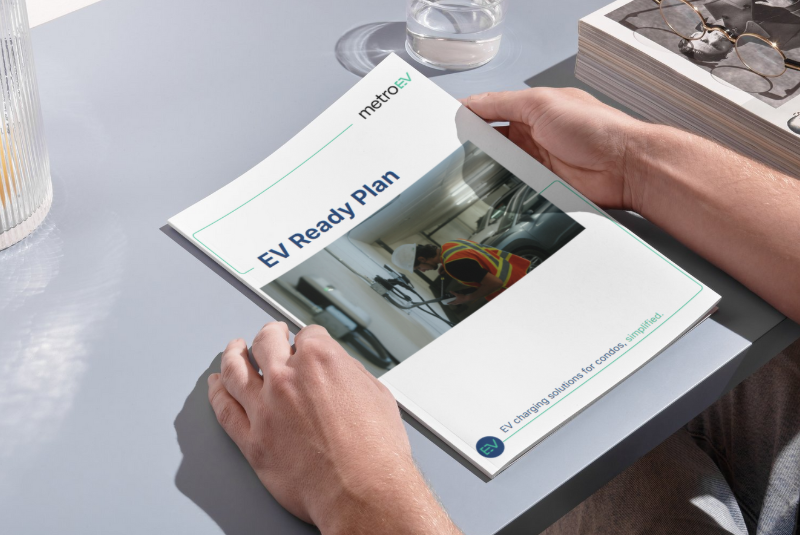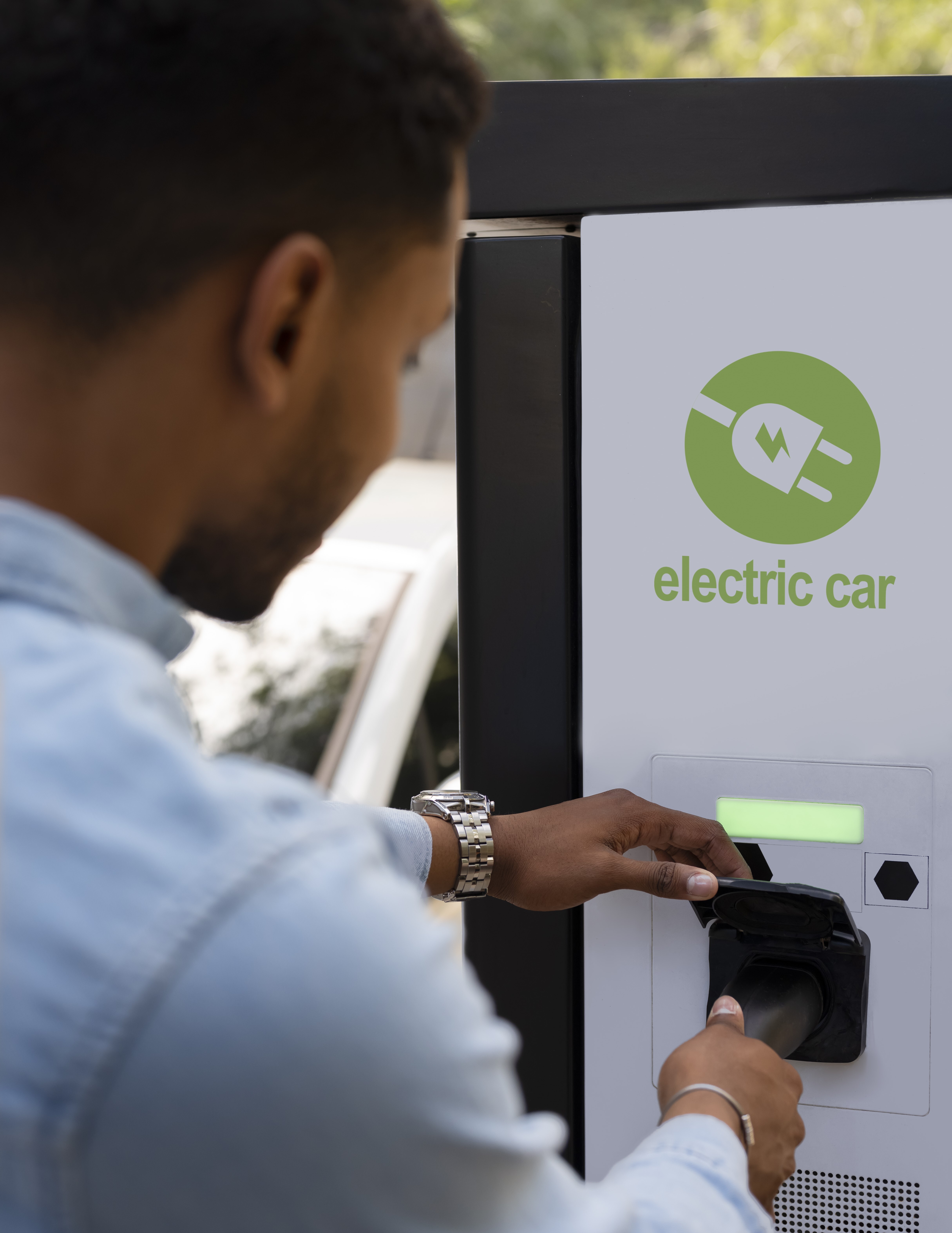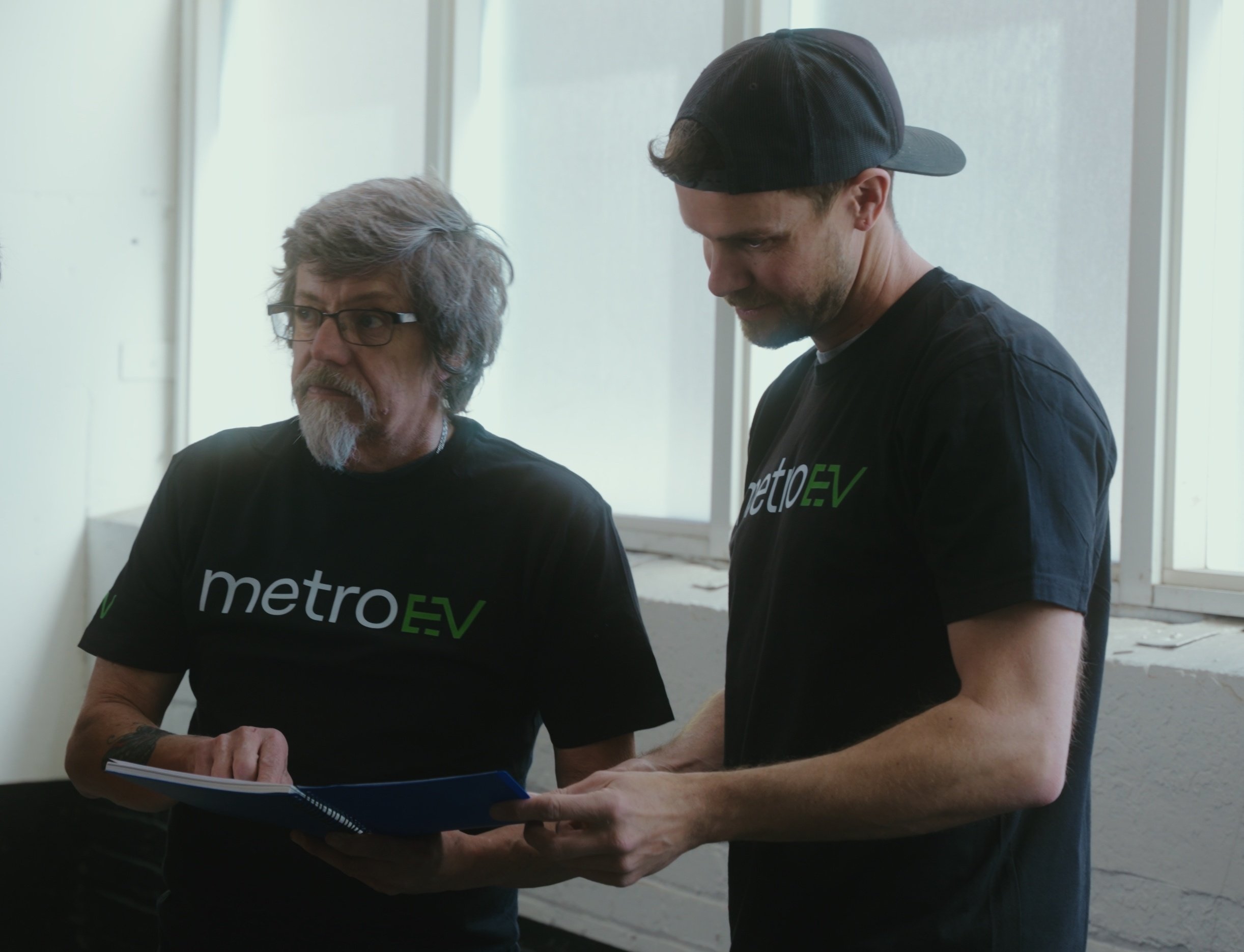Enel X, the maker of JuiceBox EV chargers, just announced an exit from the North American EV market. This sudden shift raised alarms throughout the electric vehicle (EV) industry, and leaves many stakeholders scrambling, from industry professionals to, most importantly, the EV drivers relying on those charging stations. As we work to support Enel X’s North American clients, this event offers a timely reminder of a critical issue in our sector: the importance of the Open Charge Point Protocol (OCPP).
At metroEV, we've long championed the value of OCPP, and the departure of major EV charger solutions provider Enel X from North America reinforces its necessity. Here’s why.
What is OCPP and Why Does it Matter?
The Open Charge Alliance defines OCPP as a standardized communication protocol that allows any EV charging station to connect with any central system, regardless of the vendor. Simply put, OCPP-compliant hardware and software can communicate seamlessly, allowing for a mix-and-match approach that benefits both operators and consumers.
For example, if a charging station is OCPP-compliant, you can switch software providers without replacing hardware. This flexibility offers long-term cost savings and avoids the headaches that come with proprietary systems.
Some EVSE providers, like Enel X, use chargers that are technically OCPP-compliant, but are locked by the software that is uploaded, defeating the purpose of the OCPP protocol.
Why Proprietary EV Charging Systems Fall Short
One of the key lessons from Enel X's departure is the danger of relying on proprietary systems - whether hardware or software. When companies lock customers into closed, vendor-specific systems, it limits their options.
This approach can leave customers vulnerable, especially when a company unexpectedly exits the market. Customers with non-OCPP-compliant systems may now face steep costs to replace or "jailbreak" their existing hardware to work with alternative providers.
As of the latest news yesterday evening, Enel X’s North American customers and assets will be auctioned off to the highest bidder and existing Enel X customers have to wait to see what the buyer will eventually offer them in terms of price and service-level, with no guarantees. If the buyer is forced to comply with the same terms offered by Enel X, their business might not work either.
This is a situation metroEV clients will never face. We’re committed to providing open, flexible solutions, so clients are never locked into a system they can’t easily adapt or upgrade.
Enel X Fallout: A Warning for the Industry
While it would be unfair to generalize the entire industry based on Enel X's decision, it does highlight the risks associated with closed, proprietary systems. The scramble by some providers to sign former Enel X clients under the guise of "urgent solutions" only adds to the chaos. What's needed instead are calm, collaborative efforts to ensure the smoothest transition for affected customers.
At metroEV, we see the Enel X situation as a wake-up call for the industry. As EV adoption grows, the need for open, adaptable solutions like OCPP becomes even more critical. Locking customers into proprietary systems may seem like a short-term win, but in the long run, it only limits growth and innovation.
A Better Future with OCPP and Open Systems
The EV charging industry is at a pivotal moment, and the choices we make now will shape its future. By embracing OCPP, we can create a more resilient, flexible, and customer-centric market that’s built to last. At metroEV, we’ve already made that choice, and we believe it’s the only path forward for a truly sustainable EV future.
The bottom line? Open Charge Point Protocol isn’t just a technical standard; it’s a philosophy.
It’s about giving customers the freedom to choose, adapt, and grow. And in an industry as dynamic as ours, that’s the kind of future we should all be driving toward.



.png)




